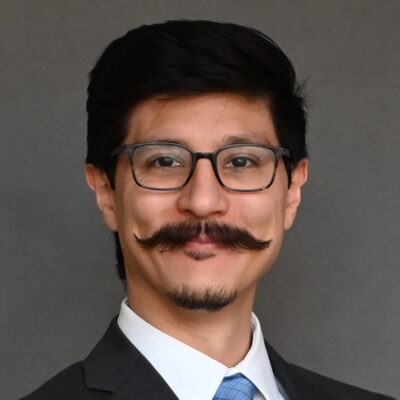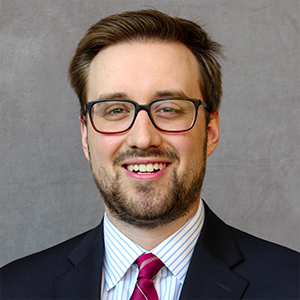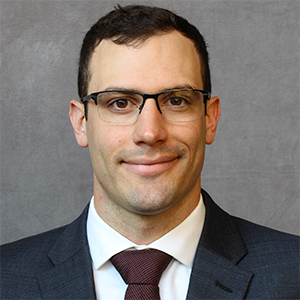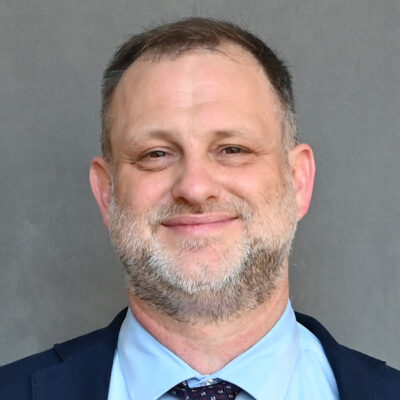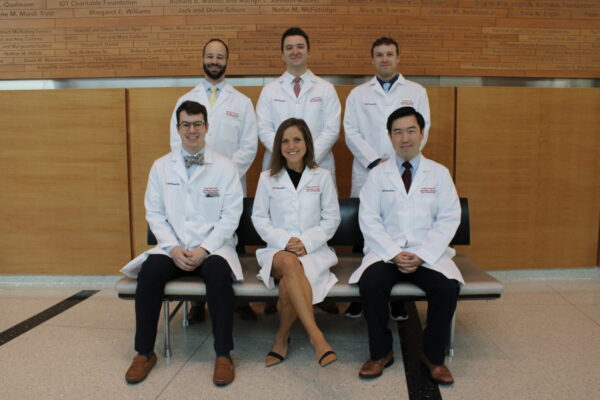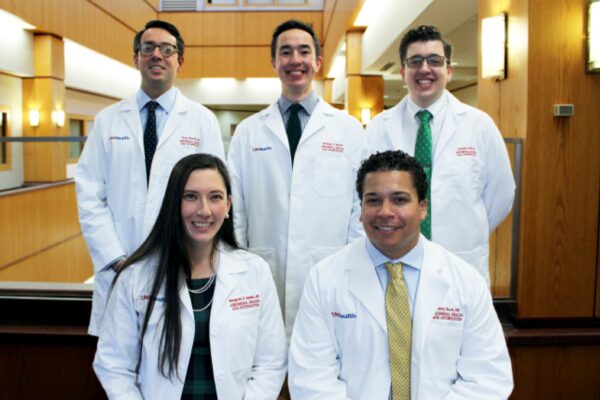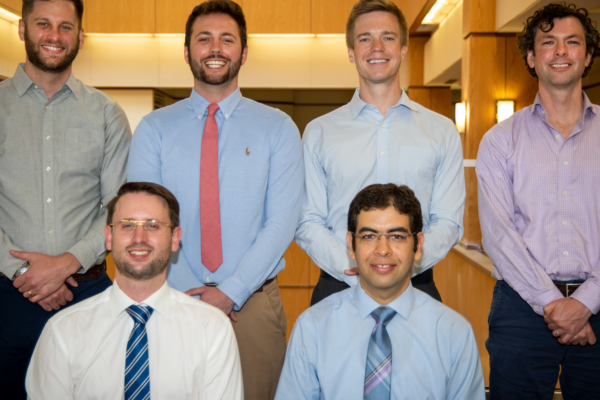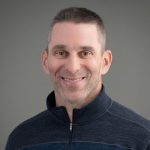Spend a year with our renowned faculty as a fellow and you will leave as an outstanding and complete Abdominal Imager and Interventionalist with an in-depth understanding of the pathologies affecting the abdomen and pelvis. And with our culture that values teamwork, learning and laughter, you will also create lifelong connections with luminaries in the field.
What sets our program apart? Fellows learn about all aspects of abdominal radiology, but you will also learn CT colonography from the world’s pioneers in a high-volume practice, ultrasound- and CT-guided procedures, tumor ablation using microwave, histrotripsy, and cryoablation techniques, advanced MRI techniques, multienergy CT, creating indication-specific dose optimized CT protocols, organ transplantation imaging, and ultrasound scanning techniques in a dedicated scan lab.
Granted increasing level of responsibilities throughout the year, our fellows are functioning in similar capacity as early-career junior faculty towards the end of the program. Fellows are also given routine academic time and participate in both fellow-oriented educational didactics and multidisciplinary conferences. Our graduating fellows easily transition into private or academic practices, and often evolve into leaders of their chosen group.
Application Information
The Abdominal Imaging and Intervention Fellowship adheres to the Society of Chairs of Academic Radiology Departments (SCARD) policies for the application and interview process, which will be conducted virtually. Please refer to their site for details and changes from year-to-year.
To apply, complete the following steps:
- Review requirements and submit the following documents through the UW–Madison Job Site posting:
- Curriculum Vitae
- Personal Statement / Cover Letter
- Email fellowship coordinator Michelle Samarov (msamarov@uwhealth.org) the following materials. Materials can be submitted now, but won’t be reviewed until November 1, 2025 to align with SCARD policies.
- Completed UW Radiology Fellowship Application PDF
- USMLE scores Step 1, 2, 3 (copy acceptable)
- Three letters of recommendation, including one from residency program director
- Note: These must be received prior issuing invitations to interview
If you require visa sponsorship during your fellowship year, please contact the fellowship coordinator, Michelle Samarov, before applying at msamarov@uwhealth.org.
Unless confidentiality is requested in writing, information regarding names of applicants must be released upon request. Finalists cannot be guaranteed confidentiality. UW is an equal opportunity, affirmative action employer. We promote excellence through diversity and encourage all qualified individuals to apply.
Please Note: The University of Wisconsin–Madison is not an authorized ACGME training site for non-accredited fellowships. Due to the clinical duties of the position, we are unable to accept or sponsor a J-1 Physician status.
 Key Dates
Key Dates
Application Review Begins:
Nov 1, 2025
Deadline for Full Consideration:
Dec 6, 2025
Interviews Begin:
Jan 12, 2026
First Day for Offers:
Jan 26, 2026 at 11am CT
Interviews Completed:
Mar 31, 2026
Public Announcement:
June 2026
Start Date:
July 1, 2027
Contact Information
Michelle Samarov
Fellowship Coordinator
msamarov@uwhealth.org
Program Highlights & Benefits
Program Structure
- 2-week core rotation blocks in MRI, Ultrasound, and CT with complementary rotations in Intervention and Virtual Colonography/3D Imaging.
- A full 4-week block of elective work (split into two sessions) enables fellows to custom-tailor a program to fit their interests. Electives can be non-abdominal focused (e.g., thoracic, cardiovascular, musculoskeletal, breast, neuro, pediatric or interventional radiology) or spent doing more time on core or complementary abdominal rotation blocks.
- Dedicated academic time which can average up to one day per week for participating in, completing, and presenting research projects.
- Twice weekly educational programs designed exclusively for the fellows, including didactic lectures, journal club, breakfast with the chief and “hands-on” practical workshops.
- Complementary rotation in the UW Health Digestive Health Center, which serves patients for all digestive health issues, including disorders of the esophagus, stomach, small intestine, colon, liver, pancreas, and gallbladder.
University of Wisconsin Hospital and Clinics
- Practice in University of Wisconsin Hospital and Clinics, a leading edge facility that is financially stable and outfitted to provide premier tertiary/quaternary care in a humane and welcoming environment.
- Since completing its first kidney transplant 1966, the UW Health Transplant Center is considered one of the oldest, largest and most successful in the country. The solid-organ transplant center attracts a wide range of both common and rare diseases, and fellows get to image all of them.
- As a Level I Trauma Center, the hospital provides the highest level of care available to patients with life-threatening injuries. Trauma surgeons and other specialties are on-site, day and night. And radiologists – including our fellows – play a critical role in that service.
- The first cancer research center founded by a university in the United States, Carbone Cancer Center is one of only 57 comprehensive cancer centers in the country according to the National Cancer Institute. The center’s greatest strength is its involvement in groundbreaking clinical trials or research studies conducted to answer specific scientific questions about new ways to prevent, diagnose, detect, and treat cancer. As a fellow, you will contribute to this critical research.
Resources & Equipment
- Dedicated ultrasound scan labs.
- Access to an exceptional animal laboratory, which can be used for fellow research projects.
- State-of-the art equipment, including a strategic alliance with GE HealthCare that provides the latest software and hardware advances for our use.
Procedures & Collaborations
- An interventional and therapeutic ablation program virtually without parallel. On a weekly basis, fellows learn tumor ablation, biopsy techniques, fluid aspiration and lung biopsies.
- Beyond the hospital, our team also reviews images from community hospitals across the state, which broadens the type of abdominal imaging scans fellows review.
- A CT colonography (CTC)/virtual colonoscopy (VC) program at the vanguard of a technology that is changing the way patients are screened for colorectal cancer. In fact, we were the first community in the United States with insurance coverage for VC, and we average around 1,000 VC cases per year.
- Fellows learn from hepatologists, gastroenterologists, nephrologists, surgeons, radiation therapists, urologists, oncologists, internists, and obstetricians who are highly dedicated to their specialties but who are also committed to operating within a collegial and multidisciplinary environment.
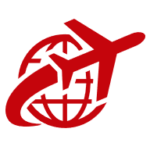 22 Vacation Days
22 Vacation Days
 Competitive
Competitive
Salary Package
 Parental Leave
Parental Leave
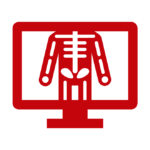 Home PACS to
Home PACS to
Enable Remote Work
 Funded Time for
Funded Time for
Research, CME & Meetings
 Moonlighting Opportunities
Moonlighting Opportunities
Program Leadership & Team
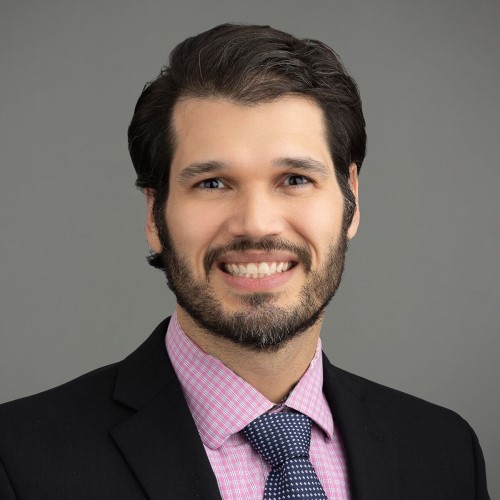 Giuseppe Toia, MD
Giuseppe Toia, MD
Fellowship Director And Associate Section Chief

Leslie Nelson, DO
Associate Fellowship Director
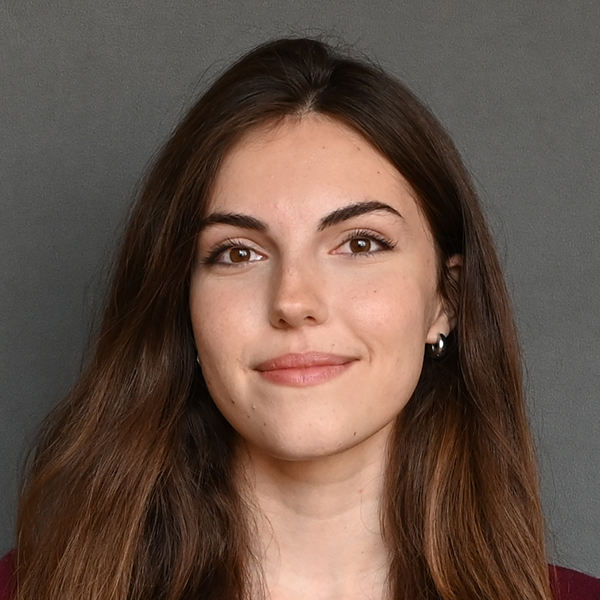
Michelle Samarov
Fellowship Coordinator
Abdominal Imaging and Intervention
The Section of Abdominal Imaging and Intervention is composed of subspecialized clinical faculty physicians and research scientists. The clinical faculty are experts in the use of CT, ultrasound, MRI, plain radiographs, and fluoroscopy for diagnosis and intervention in the chest, abdomen, and pelvis. We are actively involved in advancing the research mission of the University of Wisconsin, with extensive grant funding and independent research laboratories in tumor ablation and diapeutic cancer agents.
As a fellow, you will be a valued part of our team and are not expected to simply grind out work. A premium is placed on respectful interaction at all levels and our team has a lot of fun with our technologists, residents, nurses and fellows.

Research Opportunities
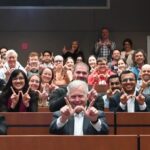 Zachary Clark Radiology Research Symposium
Zachary Clark Radiology Research Symposium
Held in spring, the annual symposium celebrates the high-caliber radiology research conducted by our fellows, residents, and medical students.
The Abdominal Imaging fellowship has dedicated academic time built into the clinical schedule, and fellows are expected to participate in, complete, and present (funded and supported) research projects during the year.
Our internationally renowned research programs are shining embodiments of discovery. Our department played a pivotal role in earning the Wisconsin Biohealth Tech Hub designation and is on the forefront of the transformative work it funds. Our research programs and labs are innovating in such areas as machine learning, ablation and molecular imaging. Our collaboration with industry means we’re helping to build tomorrow’s technology through efforts such as evaluating GE HealthCare’s photon counting CT scanner. Our resources provide support in statistics, IRB, grant administration and study coordination.
A key element of our research efforts is partnering with our clinical enterprise to accelerate translation of discoveries into widespread clinical practice.
From helping with the research to presenting it on the national stage, opportunities to engage in research abound for fellows!
Life in Madison
Make yourself at home! Madison ranks as one of the best places to live, work, play and raise a family.
Whether you’re looking for a night out at vibrant venues filled with live music or a peaceful day in a park with family, Madison has you covered. And while kicking back to enjoy the sunset on the Memorial Union Terrace is a winning option, there’s also recreational activities like biking, kayaking and skiing to keep you active.
Head over to Destination Madison to discover events, restaurants, recreational activities and more. Your new home awaits!

